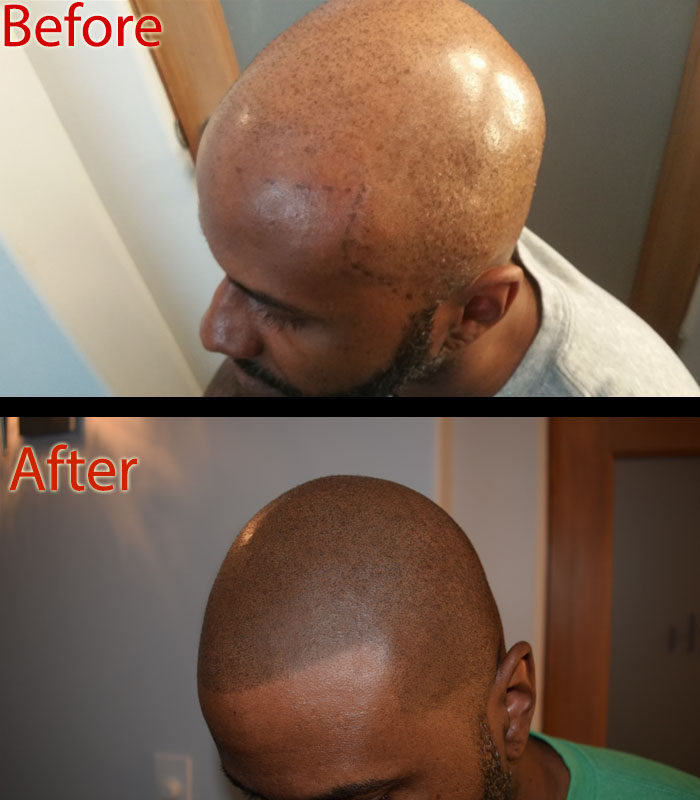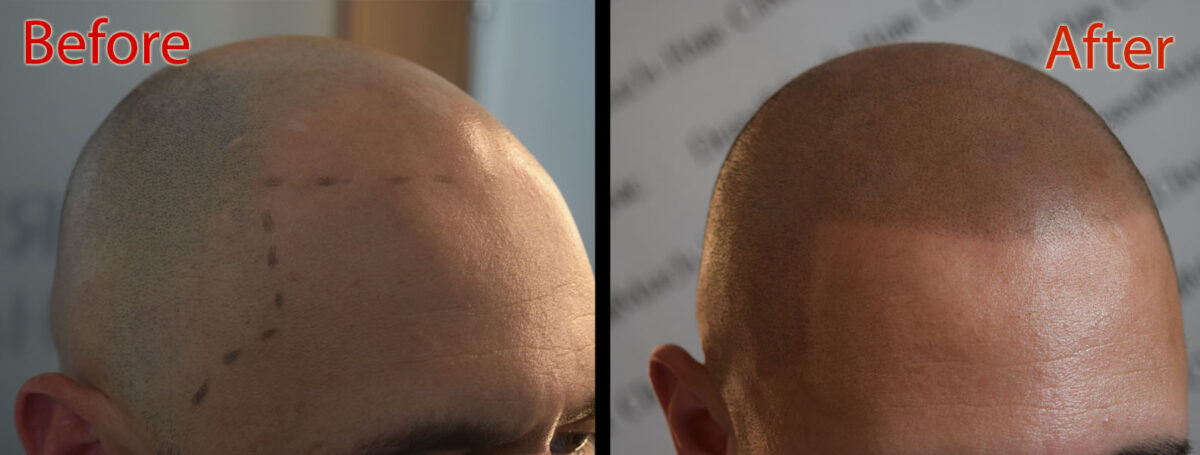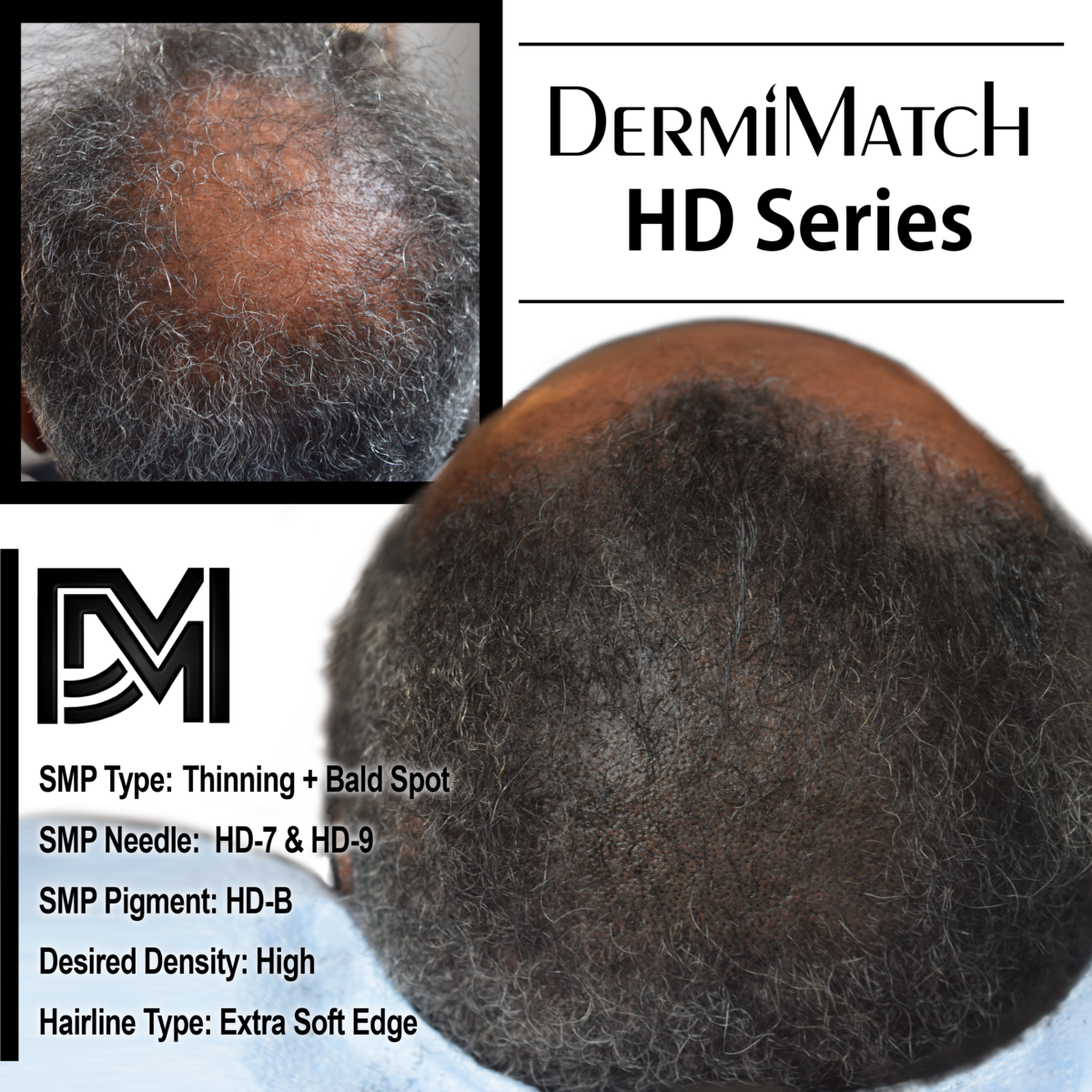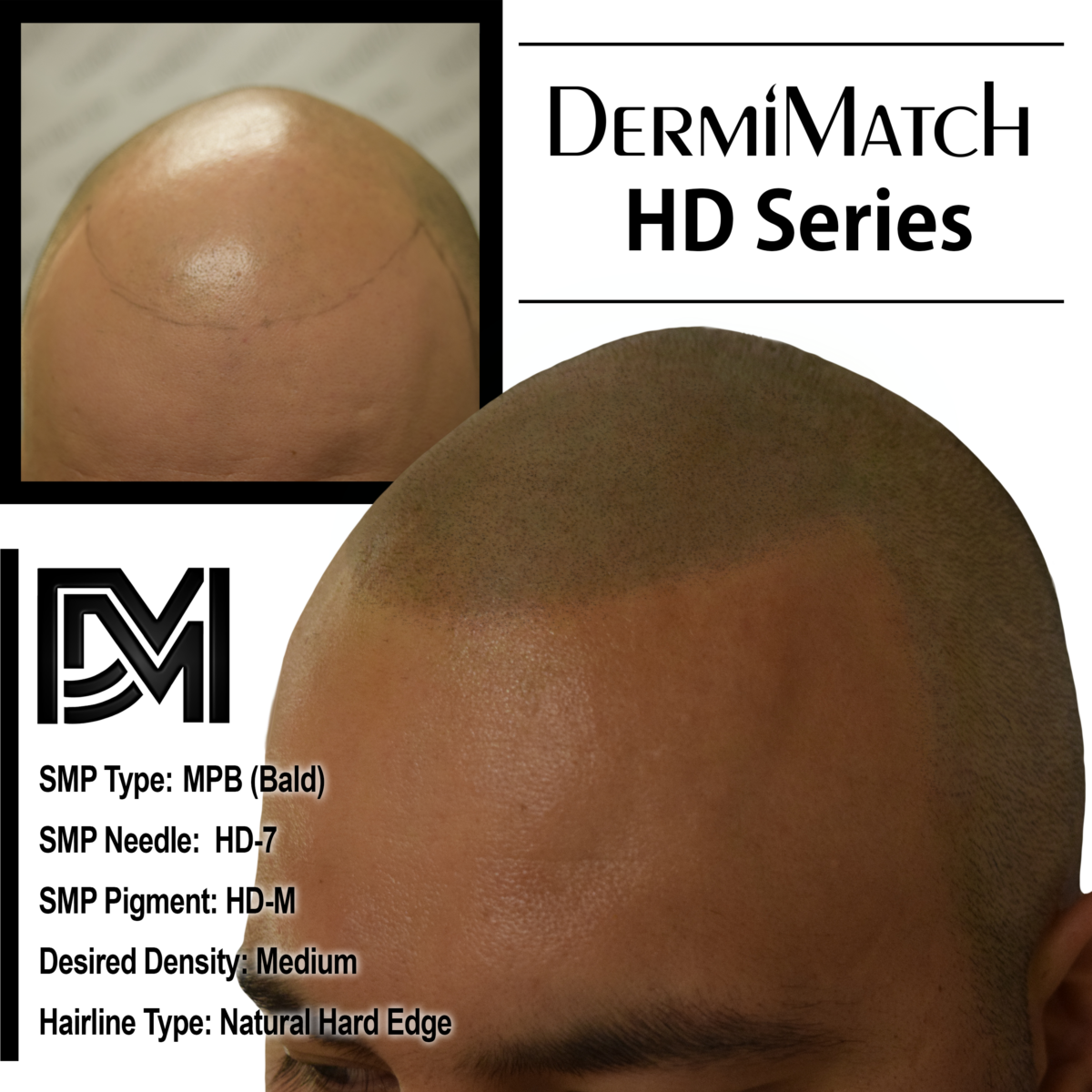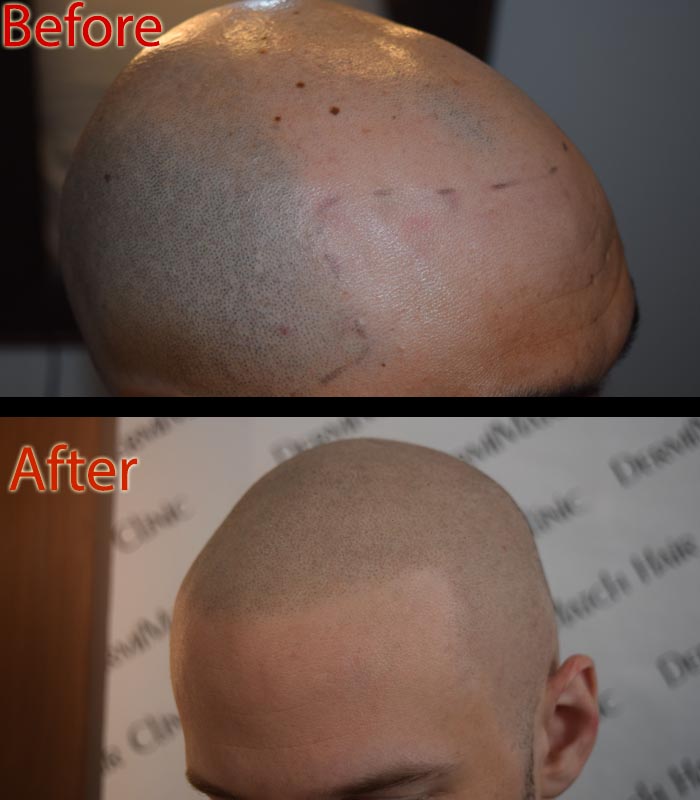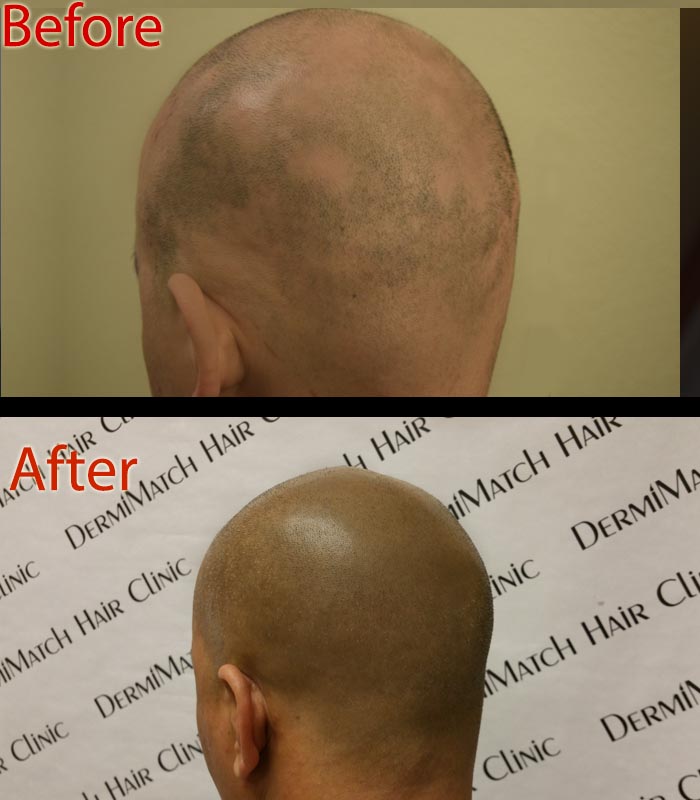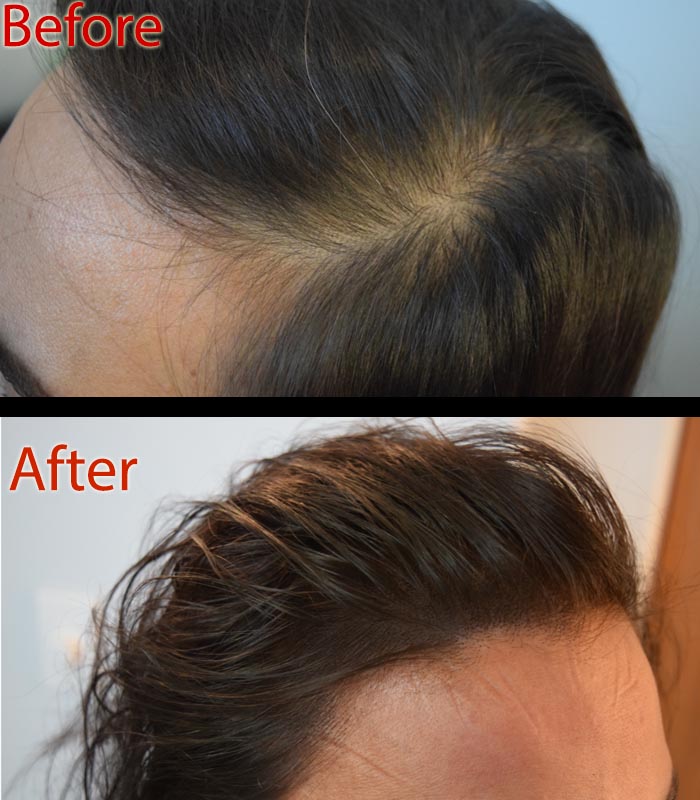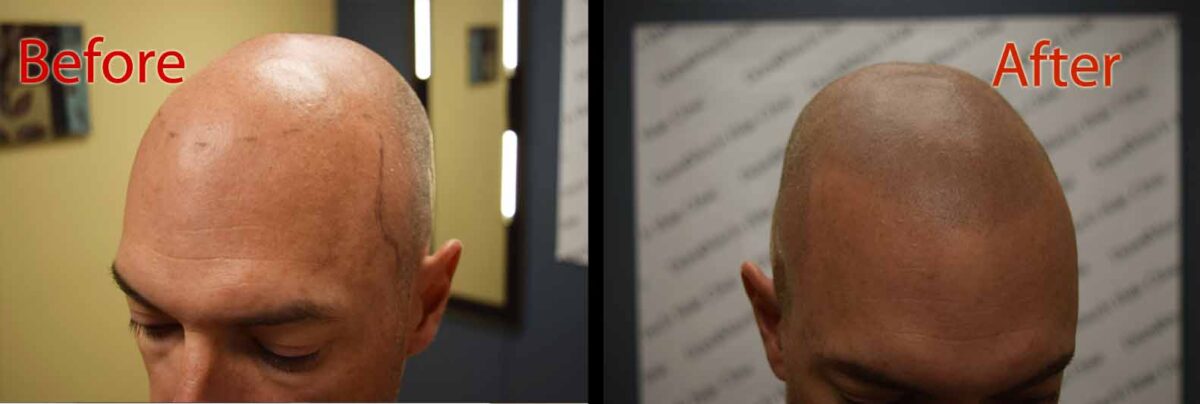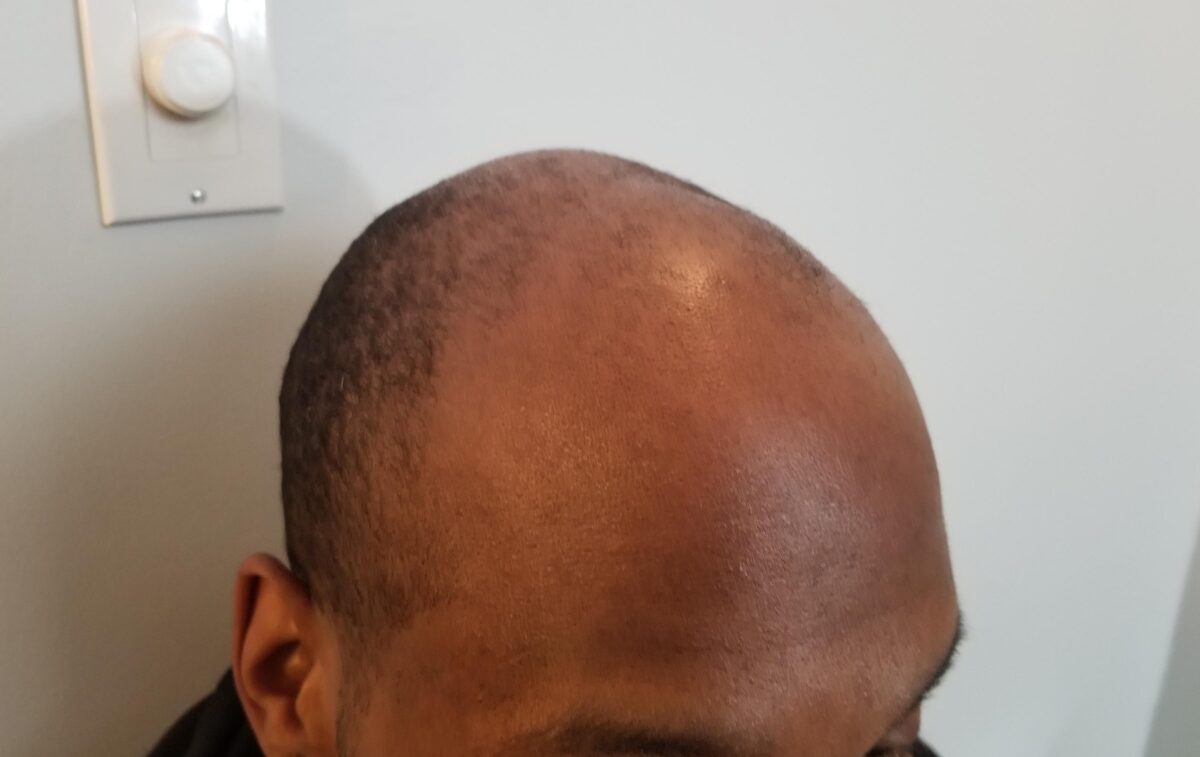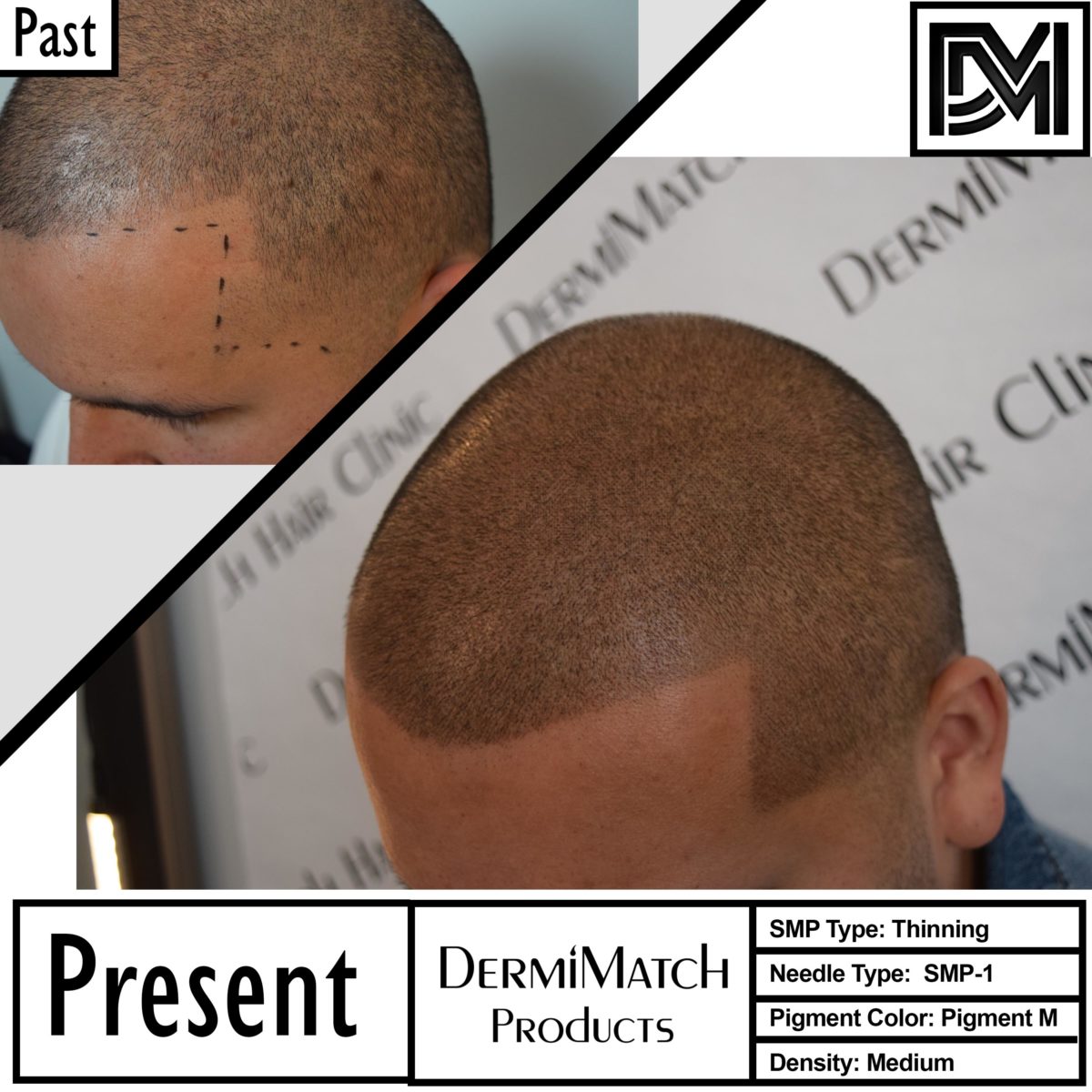Hair loss is a common concern for many people, and it can significantly impact self-esteem and confidence. While a balanced diet plays a crucial role in hair health, there are instances where nutritional deficiencies or underlying medical conditions can contribute to hair loss. Let’s explore the role of zinc for hair growth. This trace mineral supports protein synthesis, cell division, and hormone metabolism.
The Role of Zinc for Hair Growth
Protein Synthesis
Zinc is essential for hair growth because it helps build proteins. Hair follicles comprise a protein called keratin. Zinc helps make this protein, so having enough zinc is important for healthy hair.
Cell Division
Zinc helps build the cells that make up hair follicles. Because these cells are responsible for producing new hair strands, they may help in hair growth.
Controlling gene
Zinc helps regulate genes that control how these cells grow and divide. This is important for the proper development and function of hair follicles.
Making proteins
Hair comprises a protein called keratin. And that’s where zinc is necessary for the production of keratin and other proteins that are essential for healthy hair growth.
Balancing Hormones
Zinc can help balance hormones that affect hair growth, such as dihydrotestosterone (DHT).
Reducing DHT
Zinc may help reduce the production of DHT, which can potentially slow down hair loss.
While some studies suggest that zinc helps with hair loss, specific mechanisms are not fully understood.
More research can help determine whether zinc supplementation can effectively reduce DHT levels and promote hair growth.
Improve testosterone metabolism
Because zinc plays a role in the metabolism of testosterone, it can influence hair growth.
Zinc Deficiency and Hair Loss
A zinc deficiency can lead to hair loss. This is because zinc for hair growth is essential. When there is not enough zinc in the body, some essential bodily processes can be disrupted, leading to hair thinning or loss.
By ensuring adequate zinc intake, in addition to including zinc-rich foods in your diet, you can support healthy hair growth and reduce the risk of hair loss.
It’s essential to include zinc-rich foods in your diet. Some examples include red meat, seafood, poultry, oysters, lentils, beans, chickpeas, nuts and seeds, whole grains, and fortified foods.
Scalp Micropigmentation: A Better Solution
While a balanced diet rich in zinc can support healthy hair growth, there are instances where hair loss is severe or irreversible. In such cases, scalp micropigmentation can be a valuable solution.
Scalp micropigmentation is a non-surgical procedure that involves depositing tiny dots of pigment into the upper dermis of the scalp. This technique mimics the appearance of shaved follicles, creating a denser, fuller look.
It helps disguise hair loss, whether it is due to thinning hair, alopecia, or other causes. SMP offers a natural-looking solution that can significantly improve self-esteem and confidence.
Unlike hair transplants, it requires minimal maintenance. It can be customized to achieve a variety of desired appearances.
For individuals struggling with hair loss, SMP can be a valuable option to restore their confidence and enhance their appearance.
Get the best SMP work at DermiMatch Clinic in Arizona. The team of Arizona SMP experts is skilled in scalp micropigmentation. They have years of experience in the industry.
Schedule a consultation with top SMP practitioners now.

